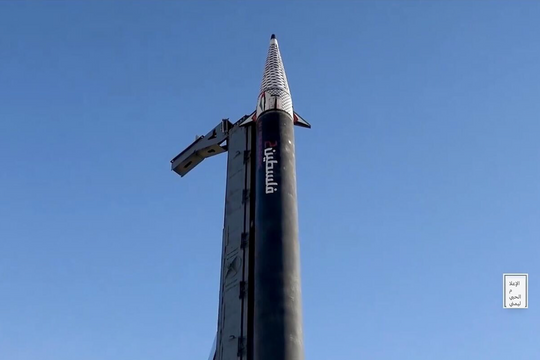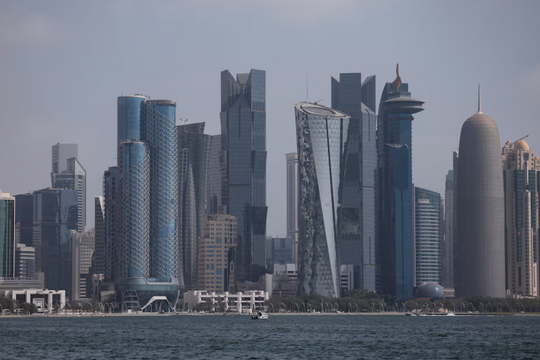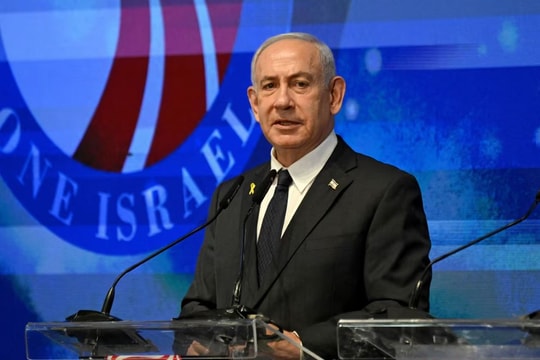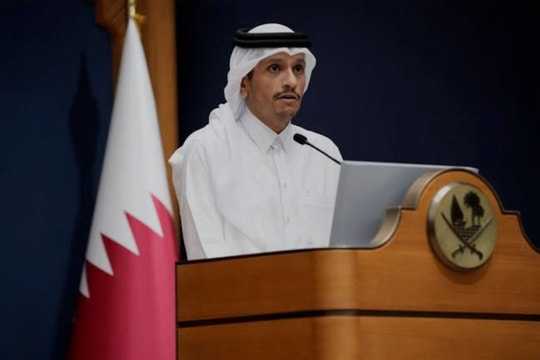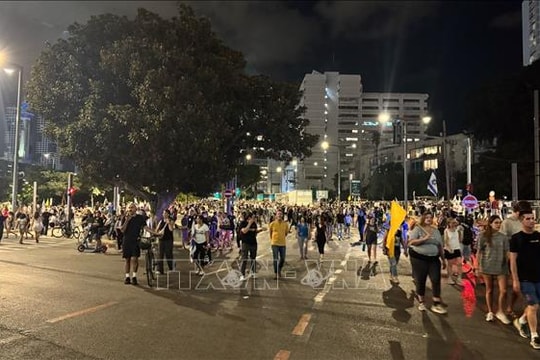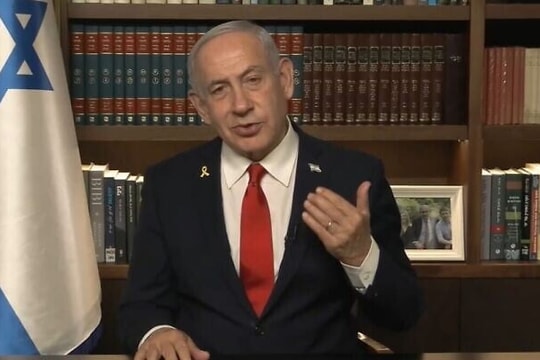Israeli Prime Minister's historic visit to India
(Baonghean.vn) - Israeli Prime Minister Benjamin Netanyahu is on a six-day visit to India to promote cooperation between the two countries in the fields of energy, trade and defense. The visit is considered "historic" because this is the first time an Israeli Prime Minister has visited India in 15 years.
A friendly response
During the historic visit of Indian Prime Minister Narendra Modi to Israel in July 2017, Mr. Benjamin Netanyahu and Narendra Modi appeared before the media as close friends laughing and joking together, exchanging warm hugs, walking barefoot on the beach along Dor beach in Haifa, and then sending handwritten messages...
The two leaders have repeatedly called each other “good friends” in their social media posts. When seeing Prime Minister Modi off, Mr. Netanyahu also left a message promising “we will see each other again soon.”
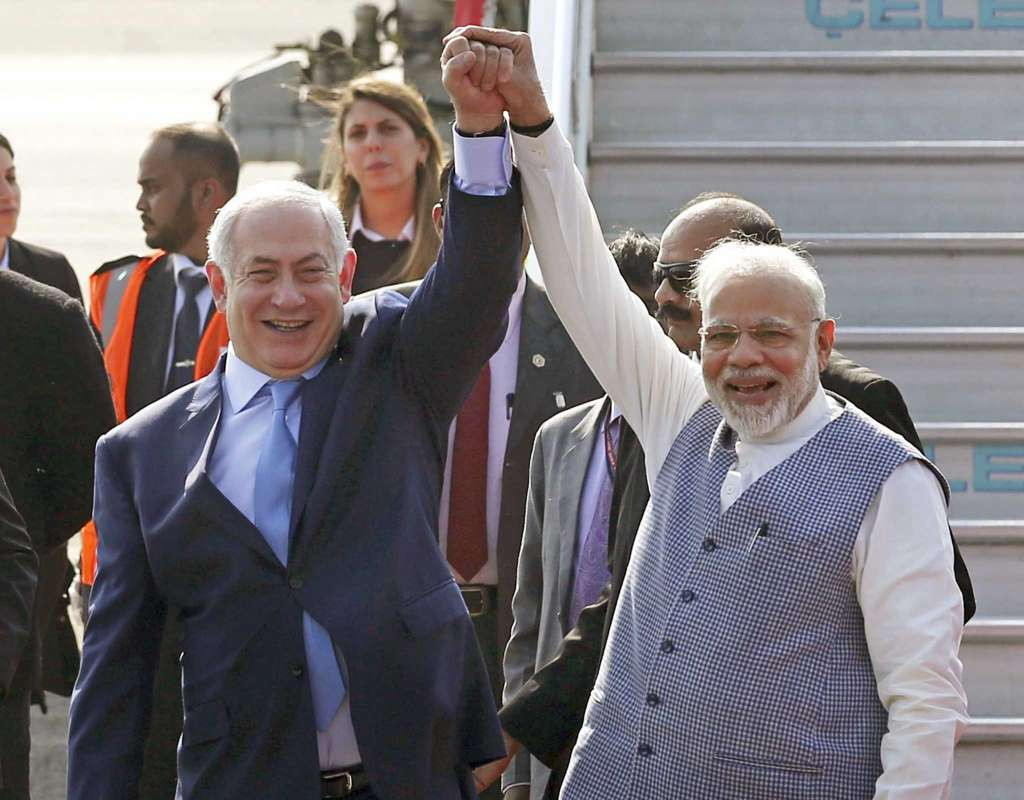 |
| Indian Prime Minister Narendra Modi went to the airport to welcome Israeli Prime Minister Benjamin Netanyahu (AP) |
That promise came true exactly half a year later when Israeli Prime Minister Netanyahu arrived in India for a six-day visit. Indian Prime Minister Narendra Modi gave Netanyahu a surprise by going to the airport to welcome him, as according to the previous plan, only one minister in Modi's cabinet would be there to welcome the guest on his behalf.
And immediately, the phrase “my dear friend” appeared all over the media. While Mr. Narendra Modi posted on Twitter “Welcome my friend Netanyahu. Your visit to India is historic and special, helping to strengthen the strong friendship between our two countries”, Mr. Netanyahu also responded with “winged” words: “Thank you my dear friend, who surprised me by receiving me at the airport. Together we will take our relations to new heights”.
Coming as Israel and India celebrate 25 years of diplomatic relations, Benjamin Netanyahu's visit is seen as more than just a diplomatic reciprocation.Behind the friendly words of a couple, the two leaders discussed very substantive cooperation issues, demonstrated by a series of important agreements signed in the fields of energy, trade, defense and even cinema, witnessed by 130 business representatives accompanying Prime Minister Benjamin Netanyahu.
The binding interests
Ahead of the visit, Israeli Prime Minister Netanyahu described India as a “major power” and affirmed his desire to boost bilateral ties. Since the two countries established diplomatic relations, bilateral trade has increased from $200 million in 1992 to $4.16 billion in 2016.
However, this figure is much lower than the annual trade turnover of nearly 40 billion USD between Israel and major partners such as the US and the European Union (EU). Therefore, the relationship between Israel and India still has great potential for development.
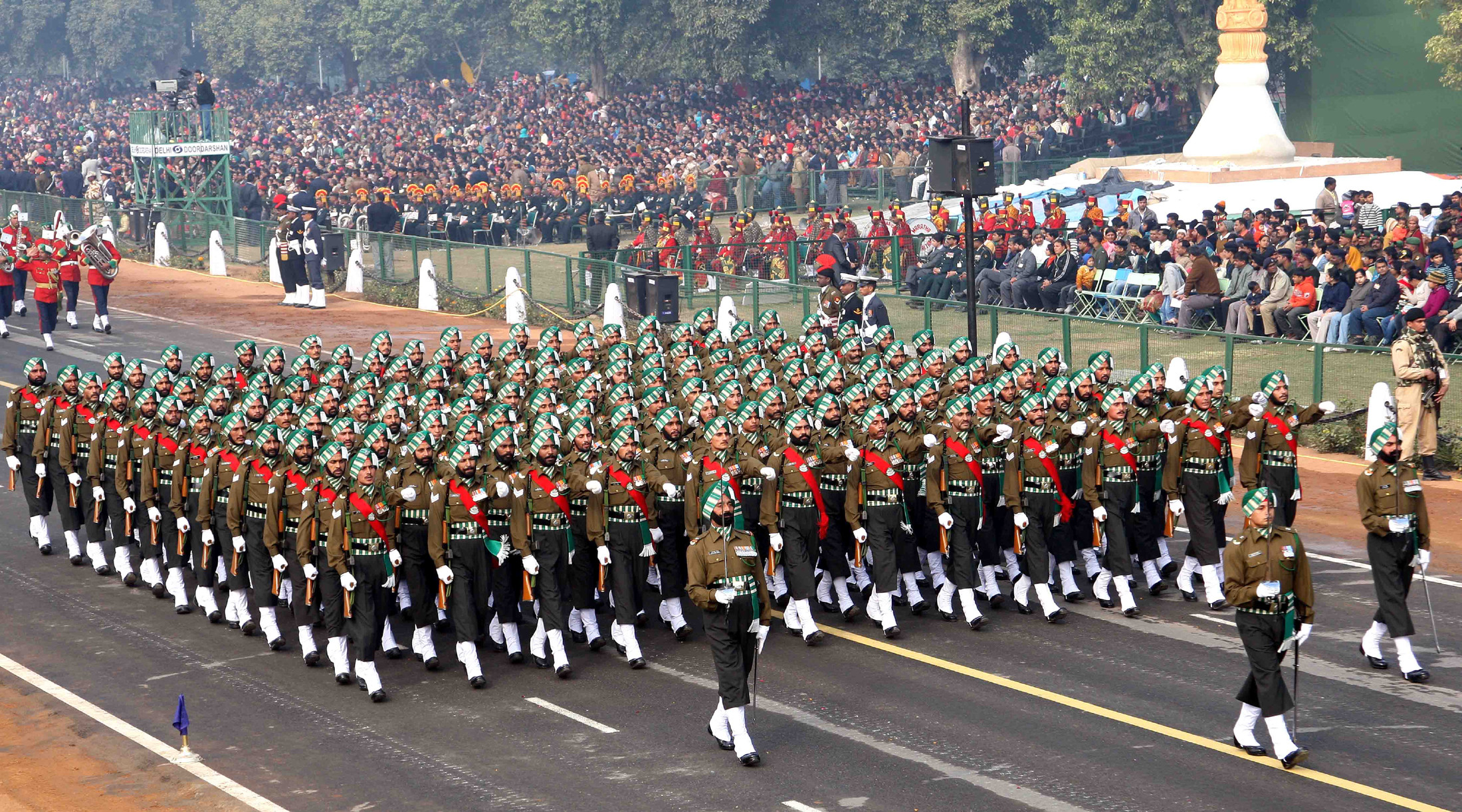 |
| India is currently Israel's largest arms importer. Photo: Internet |
According to Israeli businesses, India's legal regulations in the field of import and export are quite complicated, with differences between state regulations and national regulations.
Therefore, this is one of the points that needs to be overcome if we want to boost bilateral trade by 25% within the next 4 years as the target set by Mr. Narendra Modi and Netanyahu.
In return for the relatively modest trade relationship, defense is a very strong area of cooperation and is also the focus of the relationship between India and Israel. Defense cooperation between the two countries was implemented very early, when Israel provided military aid to India during the Sino-Indian War in 1962 as well as the two subsequent wars with Pakistan in 1965 and 1971.
On the contrary, when Israel was involved in the "6-day war" with Arab countries, India also provided timely assistance by sending Israel spare parts for fighter planes as well as AX-13 tanks made in France.
By the late 1990s, Israel continued to supply India with advanced Barak 1 air defense missiles capable of intercepting US Harpoon missiles deployed in Pakistan.
Most recently, in April 2017, India and Israel signed a $2 billion deal for an advanced medium-range surface-to-air missile system, capable of shooting down aircraft, missiles and drones within a range of 70 km.
India is currently Israel's largest arms importer, accounting for 42% of Israel's total arms exports between 2012 and 2016. In turn, Israel is also India's third largest arms supplier after Russia and the United States.
Overcoming barriers
One of the biggest hurdles in the current relationship between Israel and India is another relationship, that between India and Palestine. In the past, India has had close relations with Palestine and has repeatedly supported the Palestinians in multilateral forums.
India was the first country outside the Arab world to recognize the Palestine Liberation Organization as the legitimate representative of the Palestinian people in 1974, and then became one of the first countries to recognize the State of Palestine in 1988.
In the past, visits by Indian prime ministers to Israel have often been combined with visits to Palestine. Before his visit to Israel last July, Prime Minister Narendra Modi also held talks with Palestinian President Mahmoud Abbas to reaffirm India’s traditional support for a Palestinian state “independent and at peace with Israel”.
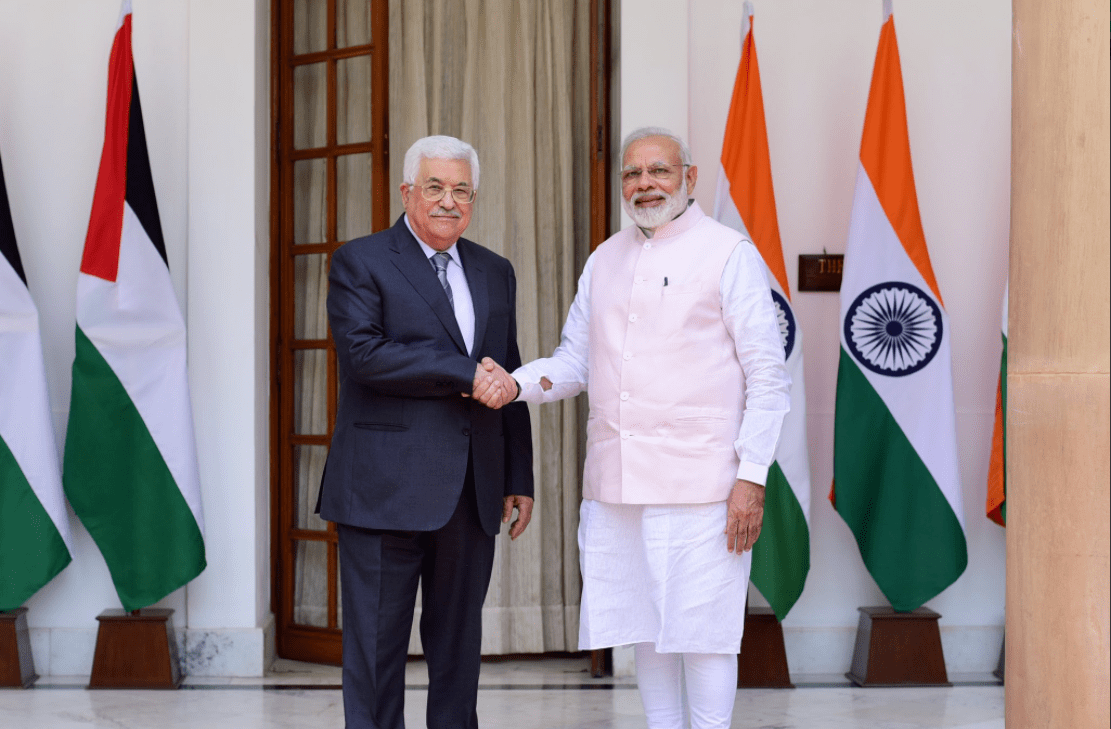 |
| Prime Minister Narendra Modi during a meeting with Palestinian President Mahmoud Abbas. Photo: Internet |
Most recently, in a United Nations voting session, India also voted against US President Donald Trump's announcement recognizing Jerusalem as the capital of Israel.
Although Israeli Ambassador to India Daniel Carmon said that the Israel-India relationship is much stronger than a vote at the United Nations, analysts said this was just a diplomatic statement to create a favorable atmosphere for Mr. Netanyahu's visit.
For now, the two leaders are trying to show that they are willing to overcome their differences to promote a relationship that will bring many benefits to both sides. But in the long run, whether Israel-India relations can really reach the “new heights” as declared by “two friends” Benjamin Netanyahu and Narendra Modi, that depends a lot on Mr. Modi’s ability to balance between Israel and Palestine.

